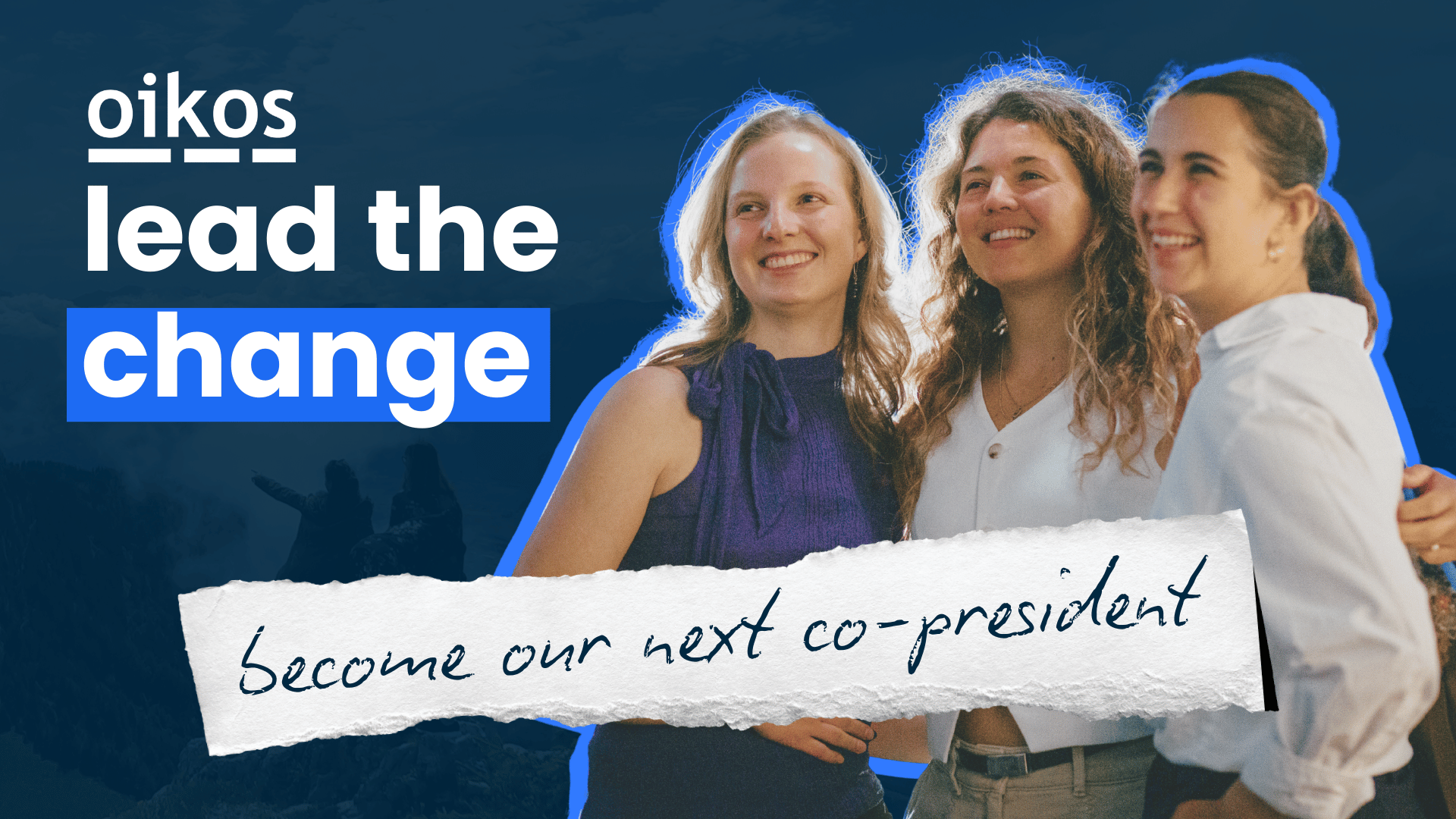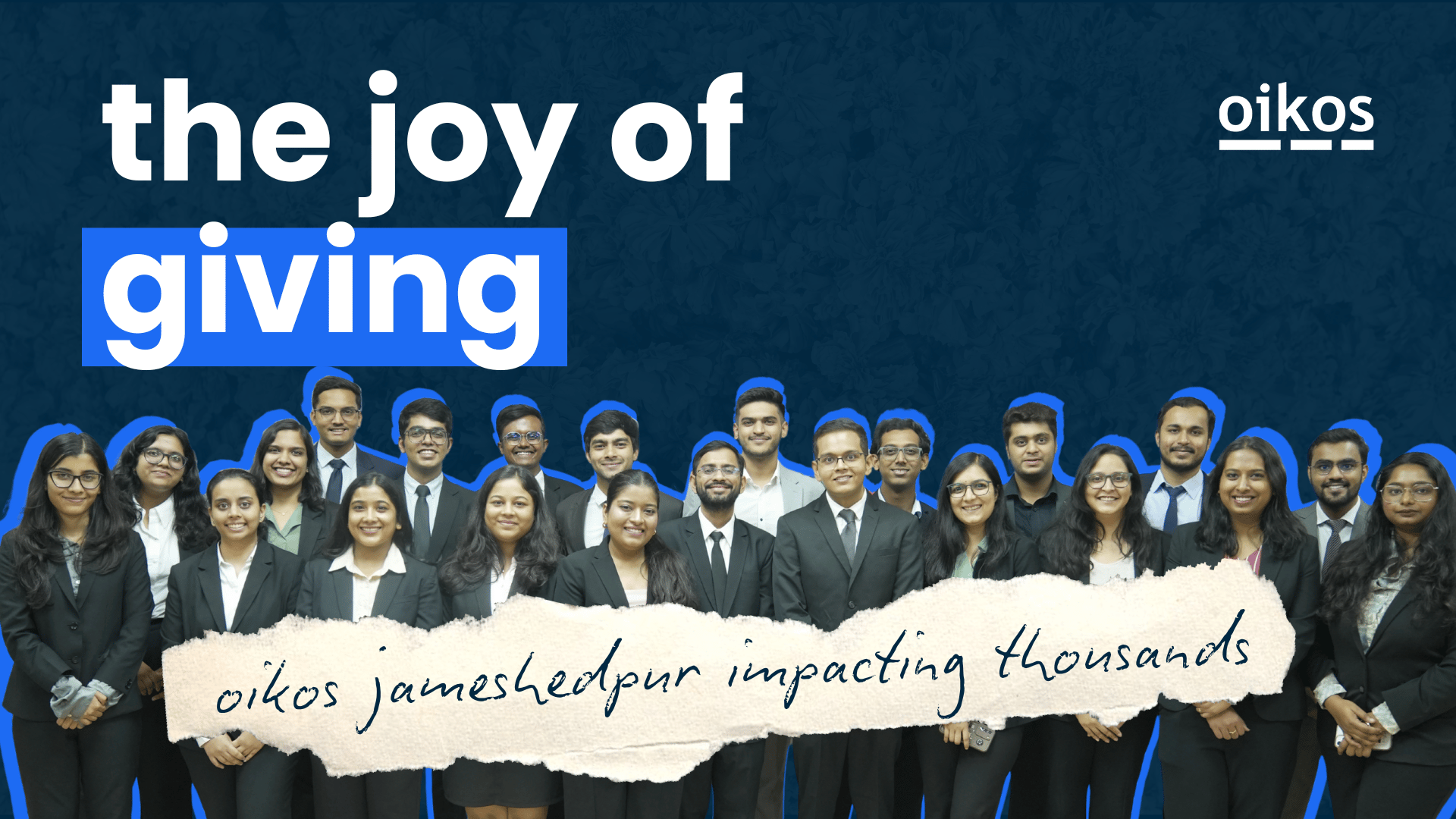Wednesday, 21 October 2020
8:00 – 9:30 PST / 11:00 – 12:30 EST / 16.00 – 17:30 GMT / 17.00 – 18:30 CEST
Please RSVP here: https://forms.gle/3zj6BD7EVQbrSfJYA
P4NE Background note
Students are intensifying their calls for reform of economics and business school education, while seeking university leadership that values their future. COVID-19 has laid bare the fault lines of orthodox economic theory and the risks of relying on traditional management theories and practises. Mainstream economics has failed to answer questions about or provide realistic solutions to rising inequality, increasing environmental breakdown, or our recurring economic crises, much less provide a realistic pathway to a fair, prosperous and regenerative future. For students, this has amplified their demands for a more diverse and innovative approach to teaching and research in economics and management.
A call from the student community
As students, these challenges weigh heavily on our minds. We feel a pressing need to acquire crucial competencies to deal with uncertainty, and to find and implement solutions to global problems. We strive for pluralism in economics and management theories, concepts and methodologies, and wecall for interdisciplinarity that reflects our values and assumptions about the world. We believe thatintellectual courage, system thinking and a proactive mindset are key competencies that we should acquire during our studies. That is why we have organized ourselves in order to strengthen the student voice and act for change at our universities.
How could economics and management education address our current and upcoming challenges? What kind of leadership should we strive for? What is the most effective way to transform economics and management education? Which successful projects can we build on? We are eager to share, learn and collaborate to find solutions. Let’s envision and act for better economics andmanagement education together.
Speakers
Magdalena Rusch, oikos Graz, Austria
Kamal Ramburuth-Hurt, Rethinking Economics for Africa.
Ignacio Silva Neira, Masters of Analysis Economics.
Maria João Pimenta, Economists For Future.
Chair: Luisa Jentsch Netzwerk Plurale Ökonomik e.V.




